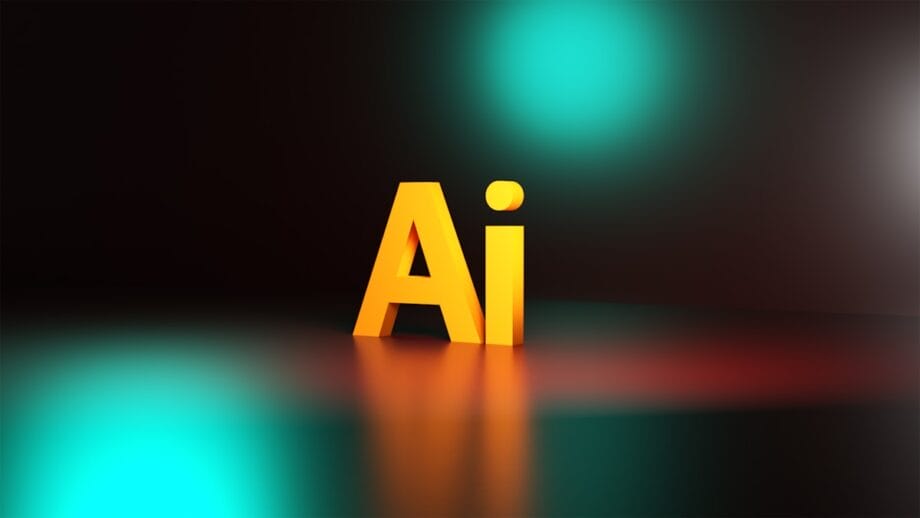Transforming Software Development
Mario Rodriguez, Chief Product Officer at GitHub, elucidates the evolving landscape of software engineering, underscoring the significance of engaging with artificial intelligence (AI) as more than just a tool for developers.
According to him, this interaction transcends the mere human factor, reorienting our expectations entirely. “The essence of Agent HQ revolves around developers, with collaboration at its core,” he states.
In a recent interview with Indianexpress.com during the Universe 2025 event in San Francisco, Rodriguez emphasized that the future of agentic AI depends on enhancing the input layer, generating innovative tools for engagement, and fostering a collaborative ecosystem that allows for mutual learning in a perpetual cycle.
“A fundamental tenet of agentic development at GitHub is the provision of an inclusive platform, equipped with tools designed to facilitate interaction with these innovative input methods. These new inputs are referred to as agents,” he adds.
Agent HQ: A New Frontier
Among the prominent discussions at GitHub’s Universe 2025 event was the transformative impact of generative AI tools on software engineering, directly influencing developers and the broader tech sector.
A palpable shift towards AI collaboration is underway, characterized by multimodal capabilities, proportional autonomy, and an English-first development paradigm.
Rodriguez underscores that the crux of this evolution is not merely to accelerate coding processes but to enhance software quality. While the definition of “better” varies, AI serves as a guiding mechanism in this endeavor.
Despite apprehensions, AI proves proficient in rapidly prototyping ideas and testing concepts, drastically reducing the time allocated to routine coding tasks and enabling developers to concentrate on resolving pertinent issues.
This marks the ascent of agentic software engineering, where these systems can autonomously plan, execute, and refine solutions.
By its own admission, GitHub acknowledges an impending multimodal future where next-generation tools will encompass more than just coding interactions. These multimodal capabilities allow agents to engage with software similarly to human users.
As part of this initiative, GitHub is unveiling Agent HQ—an avant-garde developer platform designed to amalgamate various coding agents such as Codex, Claude, and Jules.
This new “mission control” interface will empower developers to manage multiple AI agents from diverse vendors within a centralized framework, fostering a true collaborative environment between human coders and AI entities.
Enhancing Software Development
GitHub is crucial within the software development ecosystem as both a vast repository of open-source code and a colossal collaboration hub.
With an increasing number of tech enterprises deploying AI agents—a trend already in motion—integrating these entities within the GitHub framework becomes imperative.
This integration, however, cannot thrive in isolation, which is why the Microsoft-owned platform is adopting an open methodology.
Today, a software developer is someone who crafts applications through these novel input methods. This evolution does not necessitate fluency in Python from the outset; rather, it allows individuals to articulate their needs in natural language.
For instance, saying, ‘Copilot, create an app that transforms these images into graphics,’ instantly elevates you to the role of a software developer. This transformation signifies a new layer of abstraction and input, Rodriguez articulates, elucidating the modern development process.
AI excels in iterative design and experimentation, contingent upon its use as a tool rather than a substitute for sound software principles or human oversight.
Rodriguez reiterates that the objective is not merely a rapid coding pace but the creation of superior software. Though the term “better” is subjective, AI can illuminate the path toward acceptable standards.
Nonetheless, AI’s advantages tend to favor seasoned developers over newcomers. It resembles having a junior developer on board; while they can generate code expediently, they still necessitate continual guidance, correction, and intervention.
Thus, senior developers typically leverage AI to expedite already familiar tasks, whereas junior developers often rely on AI for foundational learning, resulting in varied outcomes and expectations.
Rodriguez accentuates the importance of curiosity and creativity as the cornerstone traits propelling innovation.
To thrive as a software engineer in this age dominated by AI, developers must cultivate curiosity, grasp fundamental principles, and harness their creativity with innovative AI tools.

Mastery of coding extends beyond a singular programming language; it involves exploring a diverse array of tools and methodologies to achieve significant outcomes.
According to GitHub’s Octoverse 2025 report released this week, TypeScript, Microsoft’s strongly typed JavaScript variant, has ascended to the position of the most utilized language on GitHub, surpassing both JavaScript and Python.
This surge is linked to the burgeoning demand for AI-assisted development, enhancing agent-assisted coding reliability in production environments.
The report further highlights that generative AI tools have become the norm in development, with over 1.1 million public repositories utilizing an LLM SDK; 693,867 of these repositories were created in the last 12 months.
GitHub now boasts 630 million projects, with more than 180 million developers leveraging its platform. The statistics reflect a robust 43.2 million pull requests and an astounding 1.12 billion contributions to public projects.
Source link: Indianexpress.com.






